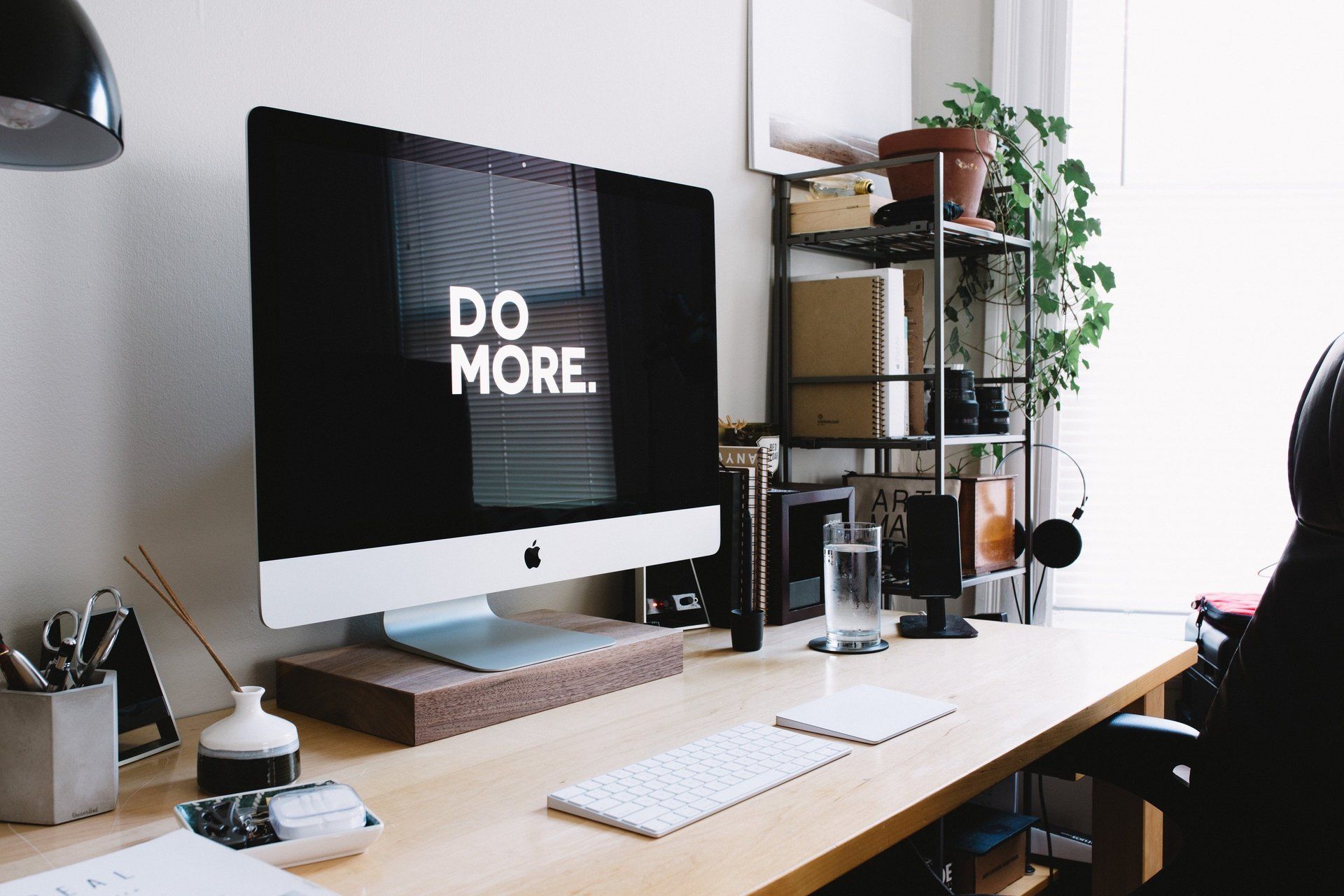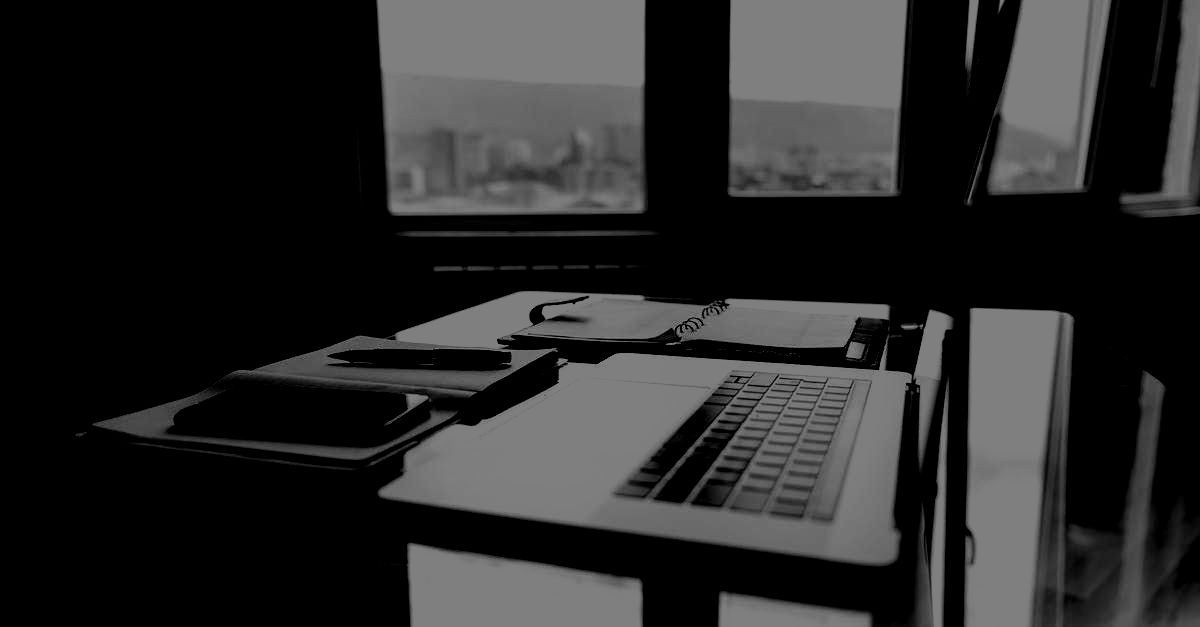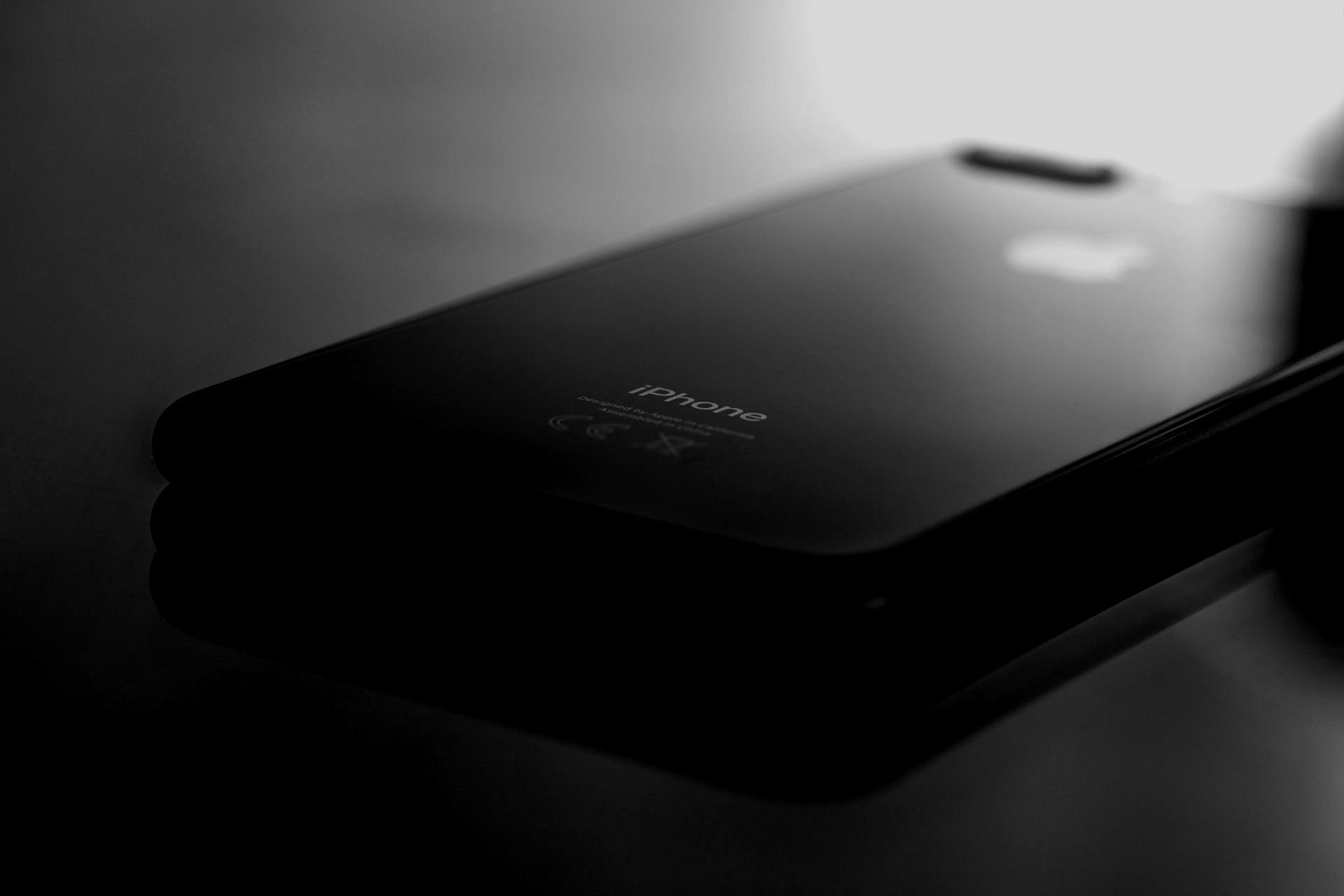Admin • March 10, 2021

Whether in our personal or working life, there are some things we do that ultimately have more value than others.
This may seem like common sense, but it is a general way of describing the wider Pareto Principle; otherwise known as the 80/20 rule, the concept was developed by Vilfredo Pareto in the late 1800s, and still has many benefits in our modern lives.
Entrepreneurs and business owners share a common problem – how do you maximise your time when there is so much to keep on top of?
We explain the ways that the Pareto Principle can help you manage your daily routine so that you can focus on what matters:
How does Pareto Principle help with time management?
Because the overriding idea of Pareto Principle is that 80% of your output should come from 20% of your time, you can directly apply this to all aspects of your business.
Whether it’s the amount of customers-to-sales or products to services, you can apply the Pareto Principle as the idea that the distribution of task-to-output is not even.
So, if you have a big to-do list for the day that involves 10 things you want to achieve by 5pm, then it is highly likely that only a couple of those tasks will have the most impact in helping you achieve your goals.
Does that mean less is more?
Well, not quite. Pareto Principle is not intended to be used as an excuse to work less, it is most effective as a way of escaping the daily pressures of messy e-mail inboxes, cluttered desk notes and a scattered mind.
Optimising your time when you want to get involved in all elements of your business can be pivotal to success.
How do I start using Pareto Principle?
It can be all-to-easy to get bogged down in the stuff we think matters, rather than the things that will really propel our work forward.
You can start getting into the ‘20% zone’ by:
• Delegate tasks to others that may have more time or appropriate skillset to do the job, even if this doesn’t come naturally at first.
• Remove any distractions that disrupt your workflow – e.g. social media, unplanned discussions, background noise
• Work when you work best, whether that’s at 6:00am in the morning or late evening
• Know when to take a break and not feel guilty about doing so. Innovative thinking can often happen when our minds are at their clearest.

Is your website turning away potential customers instead of converting them? You're not alone. In 2025, 67% of SMEs struggle with digital products that fail to deliver real business results, despite having an online presence. For small and medium enterprises, the difference between surviving and thriving increasingly depends on the quality of your digital experience. It's no longer enough to simply exist online - your digital presence must actively work to attract customers and drive growth. At Digital Inspired, we've helped hundreds of businesses transform their digital presence into powerful growth engines. Here's our step-by-step guide to creating an SME digital experience that genuinely connects with customers and delivers measurable results. 1. Start With a Customer-First Strategy The most common mistake SMEs make is designing their digital presence around what they want to say rather than what their customers need. Begin by thoroughly understanding your customers' journey, pain points, and what they're really looking for when they interact with businesses like yours. Create detailed customer personas that capture not just demographics but also digital behaviours, preferences, and frustrations. What devices do they use? When are they most likely to search for your services? What problems are they trying to solve? This foundation ensures every design decision, content piece, and feature serves a real customer need rather than an internal preference. Your digital experience should solve problems for users, not create new ones. 2. Design an Intuitive User Journey Your website or app should guide visitors naturally toward their goals, whether that's making a purchase, booking a service, or finding information. Map out the entire user journey from first touch to conversion, identifying potential roadblocks and opportunities to delight. Key elements of an intuitive journey include: Clear, prominent calls-to-action that stand out visually Logical information architecture that mirrors how customers think Streamlined navigation with descriptive labels Simplified forms with only essential fields Visible contact information and support options Remember that confusion leads to abandonment. Every click should move users confidently toward their destination without requiring them to think about what to do next. 3. Prioritise Mobile-First Design In 2025, mobile traffic accounts for over 65% of web visits for most SMEs. Yet many businesses still design primarily for desktop, treating mobile as an afterthought. This approach severely limits your growth potential. Mobile-first design means beginning your design process with the mobile experience, then expanding to larger screens. This approach ensures your core functions work flawlessly on smaller devices, where most customers will encounter your brand. Focus on touch-friendly interfaces with appropriately sized buttons, simplified menus, and content prioritised for smaller screens. Ensure load times are lightning-fast - each second of delay on mobile increases bounce rates by 20%. The mobile apps we create follow these principles, resulting in engagement rates 3x higher than industry averages. 4. Create Content That Converts Your digital content should actively work to move customers through your sales funnel, not just fill space. Each piece of content needs a clear purpose aligned with a specific stage of the customer journey. For SME digital experiences, conversion-focused content includes: Benefit-driven headlines that speak directly to customer needs Concise, scannable text with bulleted lists and subheadings Social proof elements like testimonials, reviews, and case studies Visual content that demonstrates your product or service in action Clear next steps that guide users toward conversion Remember that your website visitors typically scan rather than read in detail. Make your key messages stand out visually and ensure they communicate value quickly. 5. Build in Personalisation Capabilities Personalisation has become essential for SME digital experience, with businesses implementing tailored content seeing conversion rates increase by up to 30%. Even with limited resources, you can incorporate simple personalisation strategies that make a significant impact. Start with these achievable personalisation tactics: Segment email communications based on previous interactions Display relevant product recommendations based on browsing history Tailor landing pages for different traffic sources Implement geolocation features to show local information Use cookies to welcome returning visitors differently As your digital maturity grows, you can implement more sophisticated personalisation through customer data platforms that create truly individualised experiences at scale. 6. Implement Analytics and Continuous Improvement A truly effective SME digital experience isn't static - it evolves based on real user data and behaviour. Implement comprehensive analytics that go beyond basic traffic metrics to understand how users actually interact with your digital products. Focus on these key performance indicators: Conversion rate by traffic source and device User flow and drop-off points in key journeys Engagement metrics (time on page, scroll depth, interactions) Form completion rates and abandonment points Return visitor rate and customer retention Use these insights to make regular, incremental improvements to your website or app. Even small optimisations can compound to create significant growth over time. 7. Connect All Digital Touchpoints Your customers don't experience your brand in silos - they move between your website, social media, email communications, and perhaps your mobile app. These touchpoints must work together to create a cohesive customer experience. Audit all your digital channels to ensure consistent messaging, visual identity, and user experience. Information captured in one channel should be accessible in others to create a seamless journey. Consider implementing these connected experience elements: Single sign-on across all digital properties Consistent product information across channels Shared customer service history between platforms Cross-platform notification systems Unified analytics to track cross-channel journeys This connected approach ensures customers receive consistent value regardless of how they choose to engage with your business. Transform Your Digital Presence for Meaningful Growth Creating an exceptional SME digital experience isn't about chasing trends or implementing flashy features. It's about thoroughly understanding your customers and building digital products that genuinely meet their needs while driving your business goals. The most successful SMEs approach digital experience as an ongoing programme of improvement rather than a one-time project. Each refinement brings you closer to a digital presence that not only attracts customers but converts and retains them. At Digital Inspired, we specialise in creating websites and mobile apps that don't just look good - they deliver measurable business results through thoughtful user journey optimisation, compelling design, and strategic functionality. Ready to transform your digital presence into a powerful growth engine? Let's talk about how we can collaborate to create digital experiences that truly represent your brand and connect with your ideal customers.




















